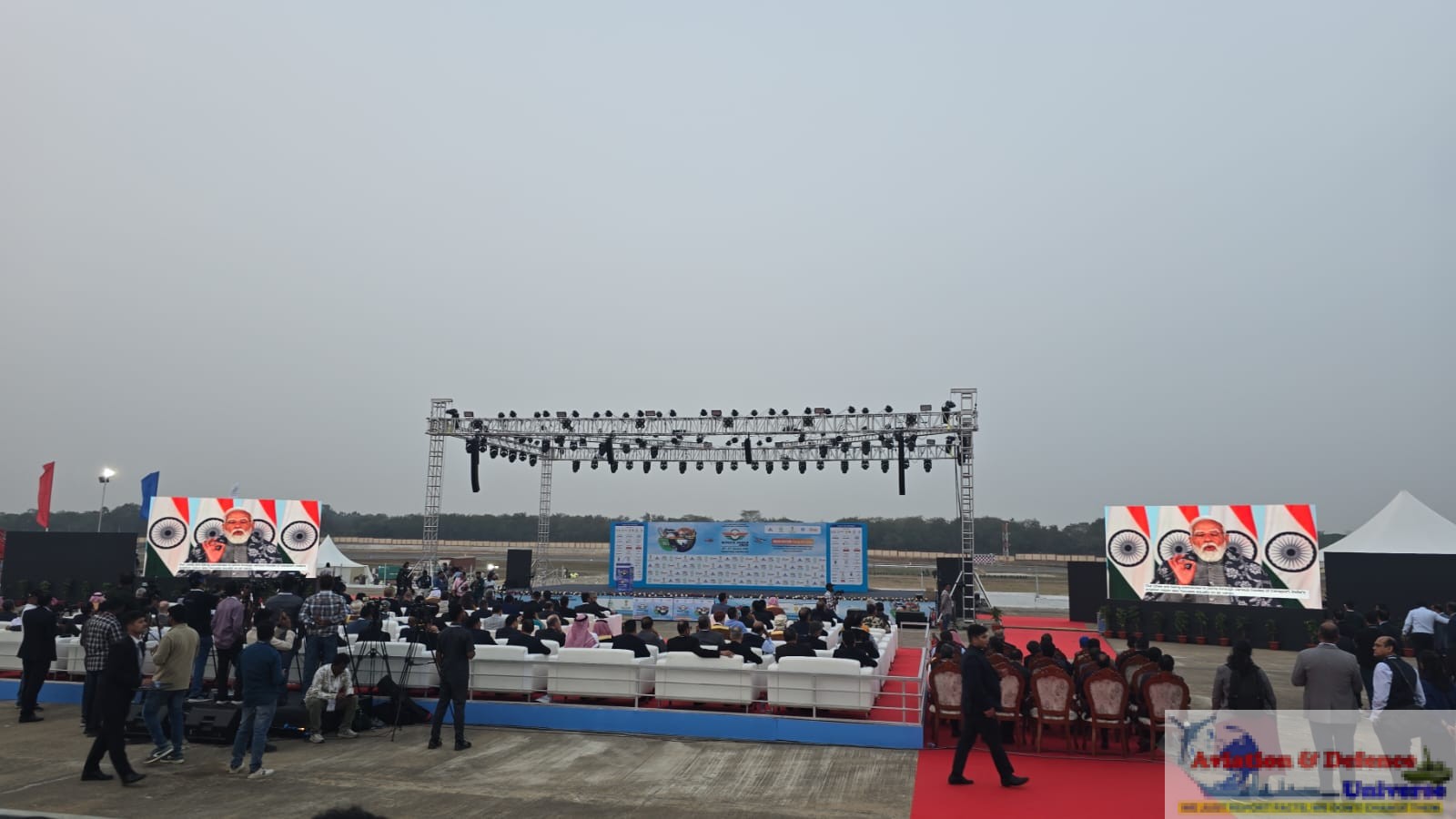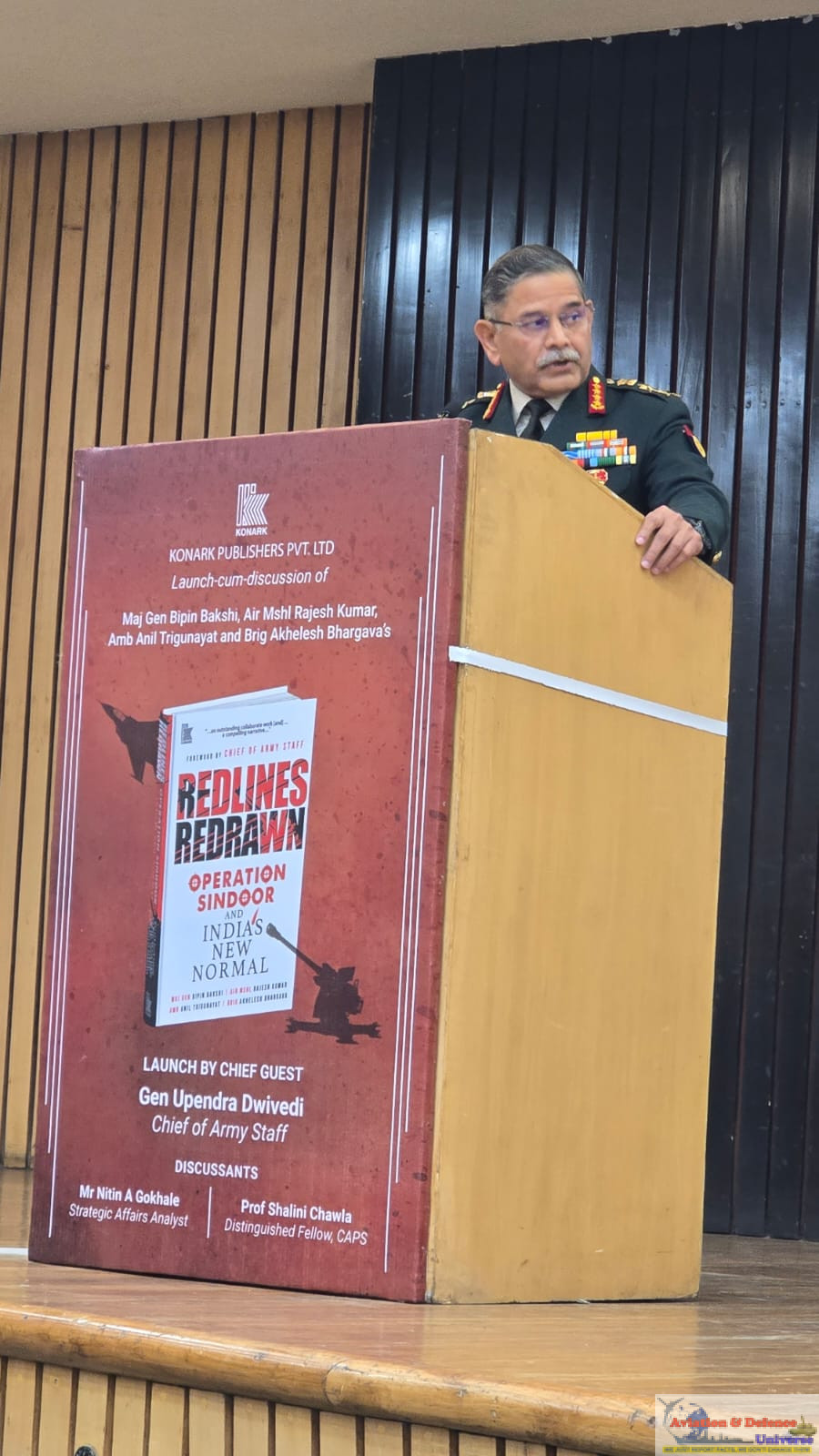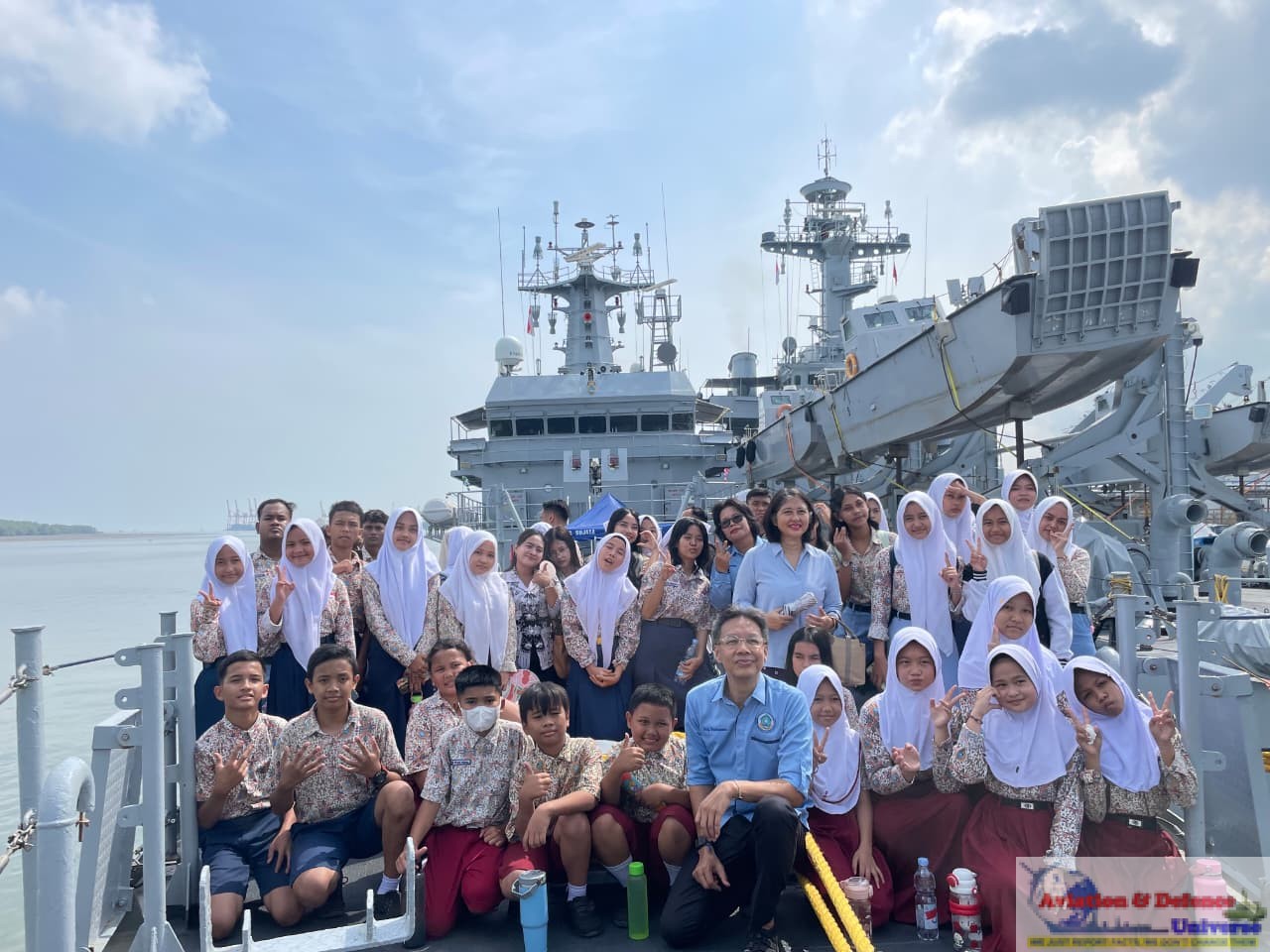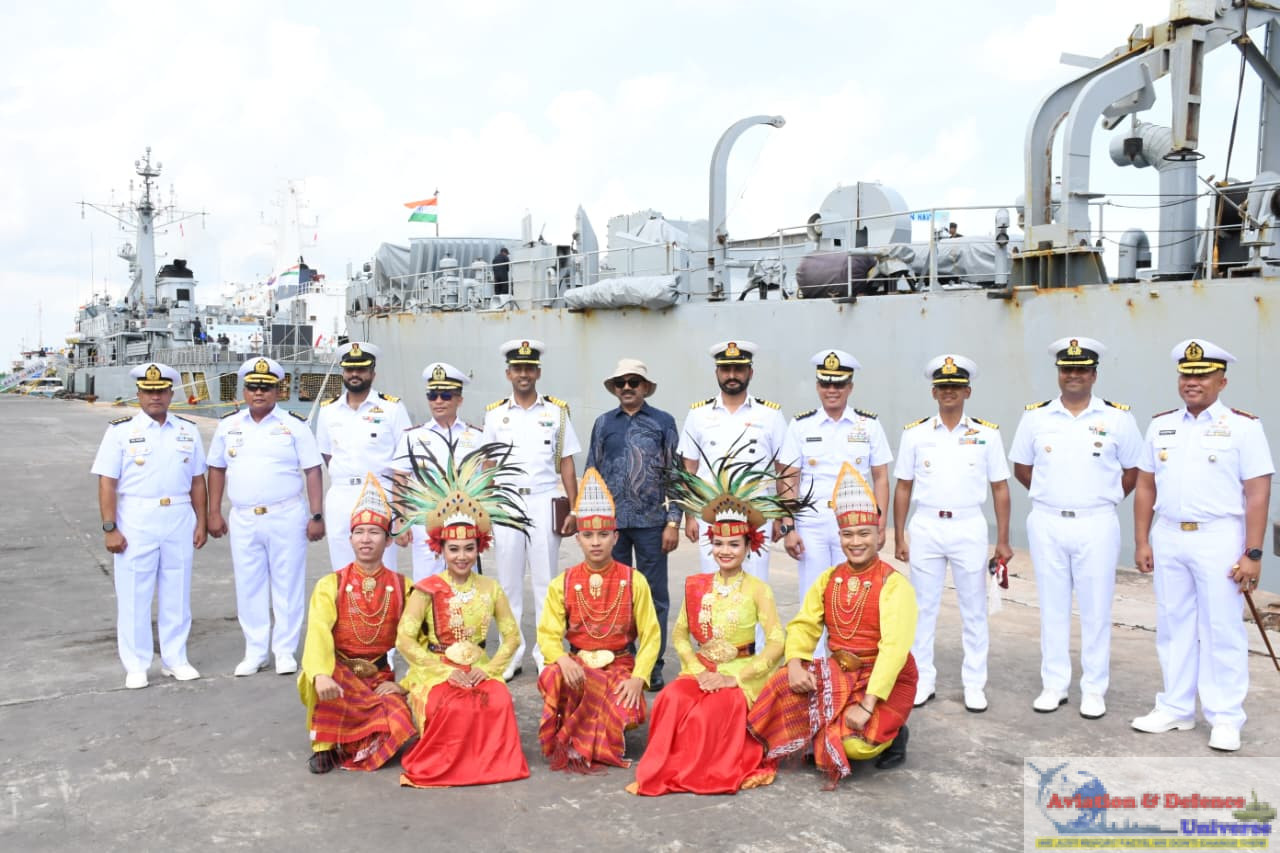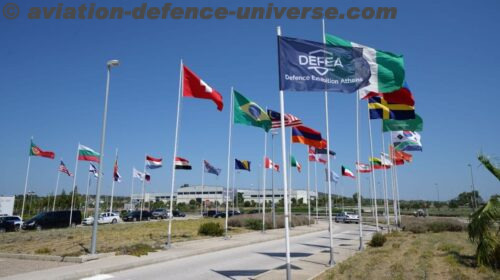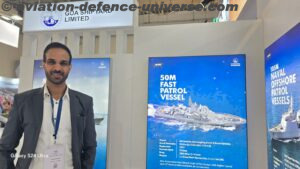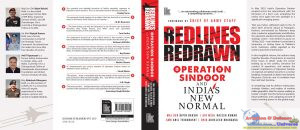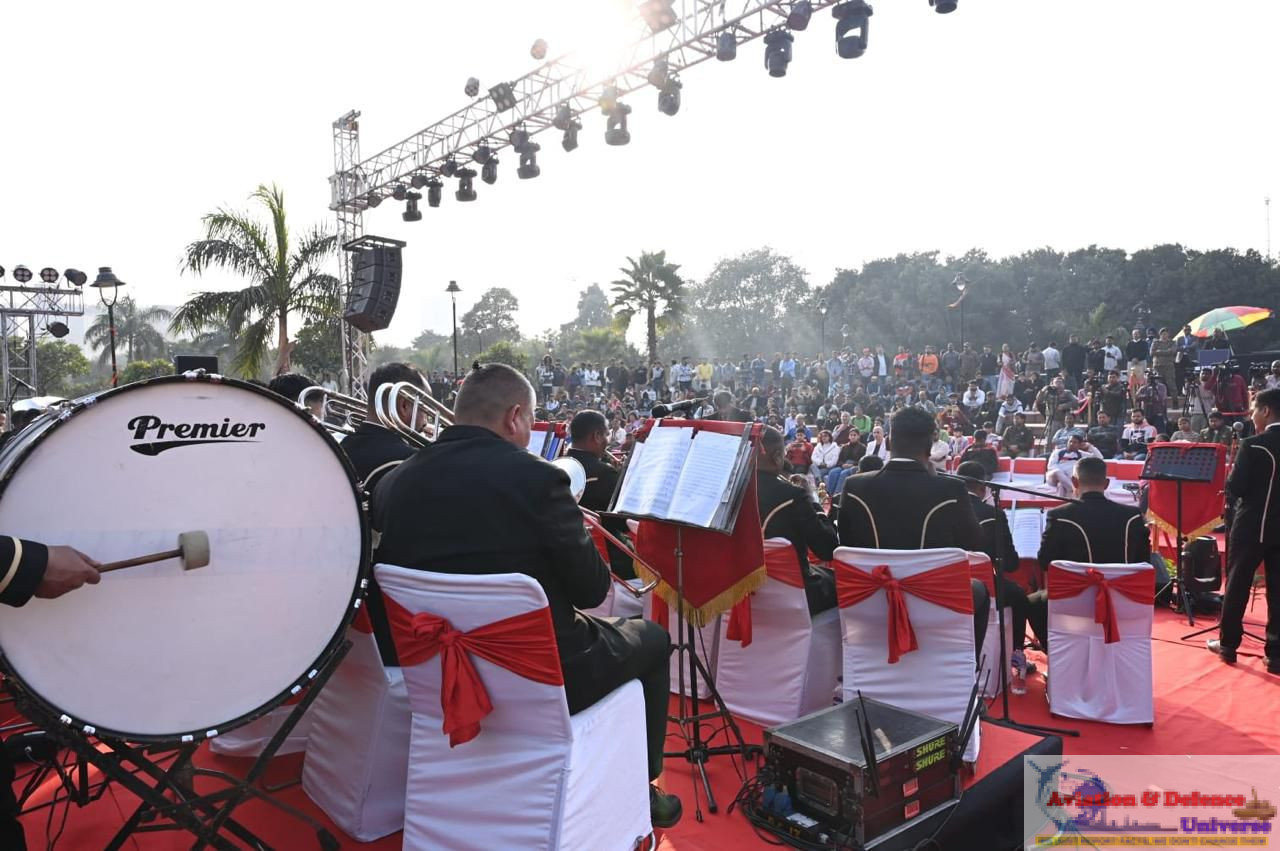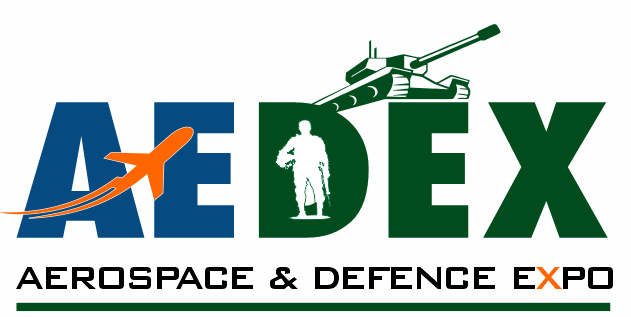- Strengthening Greece’s Strategic Role in the South-Eastern Mediterranean
By Sangeeta Saxena
New Delhi. 05 May 2025. In an era marked by heightened regional tensions, shifting alliances, and evolving threats, Greece’s position at the crossroads of Europe, Asia, and Africa has never been more vital. As the host of DEFEA – the Defence Exhibition Athens – Greece is reinforcing its role as a cornerstone of NATO’s south-eastern flank and a stabilising force in the wider Mediterranean. With its strategic location, robust defence infrastructure, and unwavering commitment to international law, Greece is not only projecting hard power but also cultivating the diplomatic and industrial ecosystems required to secure its region’s future.
DEFEA provides a vital forum for showcasing Greece’s evolving defence posture in a region grappling with geopolitical instability, maritime security threats, and renewed migration pressures. Held under the auspices of the Hellenic Ministry of National Defence and supported by key industry bodies such as SEKPY, HASDIG, and HASI, the exhibition brings together global defence leaders, international delegations, and top-tier defence manufacturers. From its base at the Metropolitan Expo near Athens International Airport, DEFEA demonstrates how defence exhibitions can become hubs of technological advancement, diplomatic dialogue, and strategic foresight.
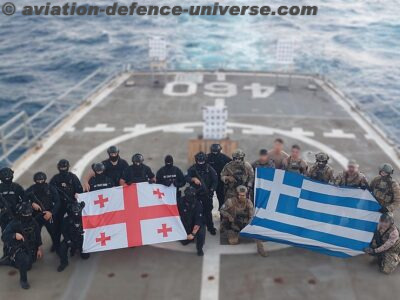 The importance of this event becomes even clearer in light of Greece’s firm commitment to NATO, as underlined during the NATO Parliamentary Assembly’s visit to Athens and Crete in October 2024. With over 3% of its GDP allocated to defence – far exceeding NATO targets – and 36% of this spent on new equipment, Greece is one of Europe’s top security contributors. Investments in F-16 and F-35 fighter jets and the modernisation of its naval fleet reflect the country’s strategic intent and operational readiness.
The importance of this event becomes even clearer in light of Greece’s firm commitment to NATO, as underlined during the NATO Parliamentary Assembly’s visit to Athens and Crete in October 2024. With over 3% of its GDP allocated to defence – far exceeding NATO targets – and 36% of this spent on new equipment, Greece is one of Europe’s top security contributors. Investments in F-16 and F-35 fighter jets and the modernisation of its naval fleet reflect the country’s strategic intent and operational readiness.
The presence of critical NATO infrastructure, such as the Integrated Air and Missile Defence Centre of Excellence (IAMD CoE), the NATO Maritime Interdiction Operational Training Centre (NMIOTC), and the U.S. Naval Base at Souda Bay, positions Greece as a logistical and operational anchor for Euro-Atlantic security. Souda Bay, capable of hosting nuclear-powered submarines and aircraft carriers, has become indispensable in times of crisis, serving as a key deterrence and response asset in an increasingly volatile eastern Mediterranean.
Yet DEFEA is more than a showcase of hardware and alliances; it is a reflection of Greece’s comprehensive and multidimensional security doctrine. The country’s leaders have stressed the need to address threats from both the east and the south – including instability in North Africa and the Sahel, the proliferation of terrorist networks, and the impact of climate-induced migration. Greek policymakers advocate for a broader understanding of security that includes maritime safety, resilience against hybrid threats, and the integration of civil and military efforts.
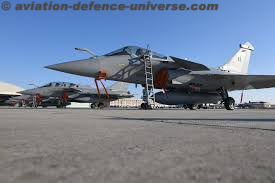
This focus on holistic security is especially relevant given the migration resurgence from conflict zones such as Afghanistan, Libya, and Syria. Greece’s firm-but-fair migration policy, supported by EU mechanisms like Frontex and cooperation with NATO allies such as Türkiye, has helped manage these challenges. Innovations in border security, coupled with humanitarian commitments and regional cooperation, highlight Greece’s balanced approach to complex transnational threats.
Situated at the strategic nexus of Europe, Asia, and Africa, Greece has emerged as a pivotal actor in NATO’s evolving security architecture. As regional tensions rise in the south-eastern Mediterranean — from geopolitical instability in the Middle East and North Africa to renewed migration pressures and maritime threats — Greece’s role as a frontline NATO Ally has never been more crucial. Its robust defence infrastructure, including the critical Souda Bay naval base, and investments in modern air and naval capabilities position it as a key player in collective defence and deterrence. With over 3% of its GDP allocated to defence and 36% of that on new equipment, Greece not only exceeds NATO targets but also sets a benchmark for preparedness and resilience among Allied nations.
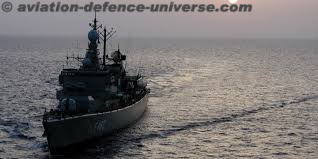
At the same time, Greece’s proactive stance on migration management, maritime security, and climate-driven instability showcases its multidimensional approach to regional challenges. By balancing firm border control with humanitarian obligations and cooperating closely with EU partners and NATO Allies, Greece acts as both a shield and a bridge — defending Europe’s external borders while fostering cooperation with neighbouring regions. As threats from both the East and South continue to intensify, Greece’s enduring commitment to democratic values, international law, and alliance solidarity ensures that it remains not just a strategic location, but a steadfast pillar in the Euro-Atlantic security order.
DEFEA is not just a biennial exhibition – it is a strategic event that reflects Greece’s deepening commitment to collective defence, regional stability, and international cooperation. As global challenges grow more interconnected, Greece’s leadership through platforms like DEFEA positions it as a proactive, capable, and forward-looking ally – a key player in ensuring security in one of the world’s most pivotal geographies.












